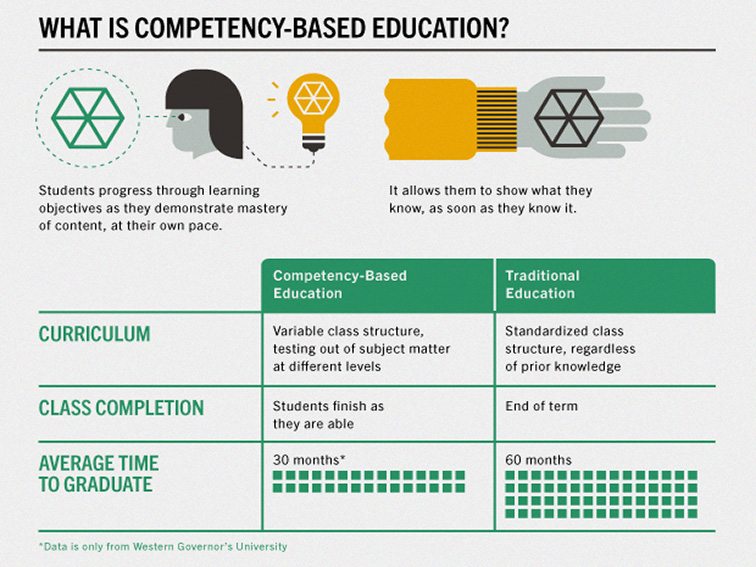Military Lexicon And Terminology Objective And Outcome Filetype:pdf
The Trouble with Strategic Communication(s). The trouble with an emerging (and important) concept sans doctrine is that the terminology (i.e. The lexicon) can. Should recognize that achieving a military objective will naturally have information effects, and that the messages. Sample Learning Objectives: Observable and/or Measurable Samples Students must demonstrate that they can: x Identify an appropriate contemporary media issue x Analyze the assumptions and evaluate the worth of the evidence used by the popular media x Select academic evidence about the issue and evaluate its worth x Compare and contract the media and academic arguments.
In lieu of an abstract, here is a brief excerpt of the content:chapter six Information and Markets Introduction Most normal people have a lot of trouble with the basic building block of neoclassical economics, the utility-maximizing, rationally calculating individual with full information, at least until it is carefully explained to them that this is only a starting point. The previous two chapters looked at the maximization of utility and the rationality postulates: at which parts of these are fundamental to economics, and at where economists themselves have been moving away from the restrictions of the neoclassical model. Windows picture and fax viewer windows 7 download. This chapter looks at the third area, the information postulate. It explores the importance of information to economic analysis in several different contexts before drawing them together with some thoughts about what they say about the boundaries of markets as a mechanism for ordering society. Like the debates on utility maximization and rationality, the information debate is an old one which was submerged by the postwar dominance of conventional neoclassical economics in universities. In a classic 1945 article called “The use of knowledge in society,” Friedrich Hayek, usually caricatured as an ultra-free-market prophet, wrote: There is something fundamentally wrong with an approach which habitually disregards an essential part of the phenomena with which we have to deal: the unavoidable imperfection of man’s knowledge and the consequent need for a process by which knowledge is constantly communicated and acquired.
Any approach, such as that of much of mathematical economics with its simultaneous equations, which in effect starts from the assumption that people’s knowledge corresponds with the objective facts of the situation, systematically leaves out what it is our main task to explain. Hayek (1945) 156 INFORMATION AND MARKETS Many subsequent researchers have lifted up their heads from the neoclassical grindstone and agreed wholeheartedly, leading to the development by the 1980s of a rich literature on the economics of information.
There are many strands to this literature. On the face of it, there’s little in common between Joseph Stiglitz and Admiral John Poindexter.
Professor Stiglitz is an archetypal liberal intellectual, bearded, bespectacled, who’s spent much of his career working on the alleviation of poverty. He was born in 1943 in Gary, Indiana, a steel town destined to become part of the Rust Belt. In his Nobel autobiography, he noted that many distinguished economists (including Paul Samuelson) had also grown up in Gary, and comments: “Certainly, the poverty, the discrimination, the episodic unemployment could not but strike an inquiring youngster: why did these exist, and what could we do about them.” The childhood experience of badly functioning markets has, it seems, inspired many economists. Stiglitz describes his mother and father as, respectively, a New Deal and a Jeffersonian Democrat, and clearly honors and upholds the values he grew up with.1 The young Stiglitz was an activist, campaigning for the abolition of fraternities at his liberal arts college, Amherst, and joining civil rights marches. A spell doing research in Kenya in 1969 cemented his interest in understanding public goods and market failures. He writes: The time I spent in Kenya was pivotal in the development of my ideas on the economics of information.
I have often wondered why. I think in part the reason is that seeing an economy that is, in many ways, quite different from the one one grows up in, helps crystallize issues: in one’s own environment, one takes too much for granted, without asking why things are the way they are.

As I studied development, I was forced to think everything through from first principles. Had I grown up in a world in which everyone was a sharecropper, I probably would have accepted this as the way things are. As it was, sharecropping seemed like a peculiar institution, for it seemed to attenuate greatly the incentives workers had to work (since they typically had to give one out of two dollars that they earned to the landlord). Stiglitz has remained engaged with public policy.
Military Lexicon And Terminology Objective And Outcome Filetype:pdf Answers
In the 1980s he acted as an expert witness in litigation on behalf of Seneca Indians in upstate 1They have clearly served him well in many ways. Stiglitz notes that he, like his father, had always insisted on paying social security contributions for the household help and so unlike other appointees to the new Clinton Administration in 1993 he had no difficulties during the vetting process about nonpayment of these taxes. 157 C H A P T E.
Comments are closed.